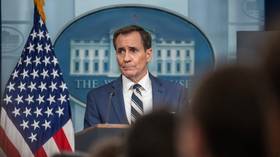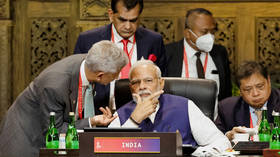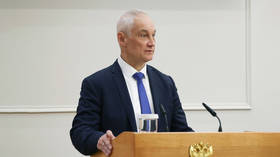Spaniards losing spending power – data

Spain is reeling from one of the sharpest drops in real income in the EU, an Adecco Salary Monitor on Wages report showed this month. The country has seen both a sharp erosion of purchasing power and dwindling consumption.
While the average monthly wage increased by 4% in 2022 and reached €1,822 ($2,029), soaring inflation has eaten away at the spending power, which is 7% down on 2008, during the global financial crisis, data showed.
Headline inflation decreased to 1.9% last month after hitting 10.8% in June 2022. But even with lower core consumer prices, Spanish households are still being hit by surging food costs which have continued to rise by more than 10% annually.
“The economy is doing well, but when you look at it in detail the picture is not that rosy,” said Manuel Hidalgo, an economist and senior fellow at the Esade Center for Economic Policy.
“You may be growing more than the rest of the continent and creating more jobs with the lowest inflation, but if families can’t make ends meet, they will blame you.”
Record inflation and lagging economic growth, offset only partially by moderate wage hikes, have left disposable household income 2.4% lower than before the pandemic, data showed.
Spanish families have slashed spending on a wide range of goods and services, ranging from cars and trips abroad to food products. Meat and fish consumption slumped 7% and 12% respectively in April year-on-year, according to data from the country’s Agriculture Ministry.
In annual terms, household consumption in the euro area’s fourth-largest economy dropped by a staggering 6% between September and March.
For more stories on economy & finance visit RT's business section












